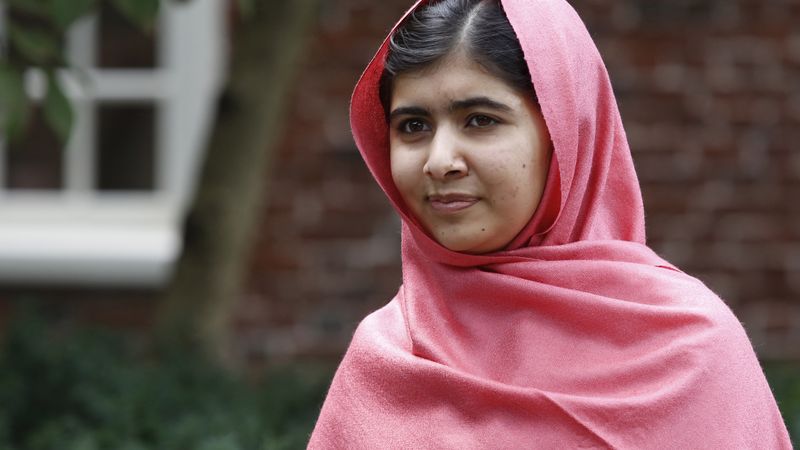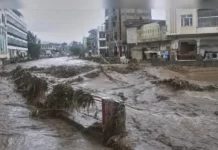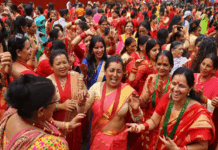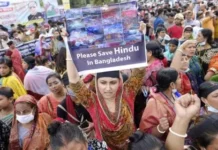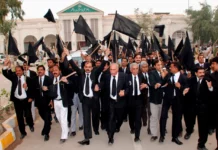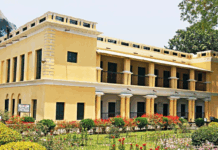NEW DELHI: Nobel Peace Prize winner Malala Yousafzai says Pakistan has changed since she left the country nearly six years ago after being attacked by the Taliban and there is more peace but lot of work is left to be done.
Malala travelled the world and visited refugee camps – first as an internally displaced person when she was a young child in Pakistan, and then as an international activist who could travel anywhere in the world, except to the home she loved.
She chose to use the memories of that time in her life to connect with 68.5 million refugees and displaced persons around the world. And now she has come out with a book to see them, to help them, to share their stories .
In We are Displaced: My Journey and Stories from Refugee Girls Around the World , 21-year-old Malala not only explores her own story of adjusting to a new life while longing for home, but also shares the personal stories of some of the girls she has met on her various journeys – girls who have lost their community, relatives and often the only world they’ve ever known
Malala was just 15 years old when she was shot by the Taliban on October 9, 2012 for speaking up for girls’ education and peace.
Badly wounded, she was moved within Pakistan and then a week later, flown to Birmingham in the UK while still in an induced coma.
On March 31, 2018, she came back to Pakistan – to her home in the Swat Valley – for the first time after the attack.
“Pakistan has changed since I left. Population growth has led to congestion in some areas. There are many more houses and people in Swat than there were in 2012. But there is also more peace,” she writes in the book, published by Weidenfeld & Nicolson/Hachette India.
She says she stood on the side of a hill and looked across at the mountains where the Taliban once headquartered their forces in her area. Now there are only trees and green fields.
But Malala, who won the 2014 Nobel Peace Prize jointly with Kailash Satyarthi “for their struggle against the suppression of children and young people and for the right of all children to education”, feels there is much work to do in her country.
Although I don’t live there, it is still my country. It is never far from my thoughts or actions. My dream is to see all Pakistani children have access to 12 years of free, safe and quality education and working to build a great future for our country, she says.
In the book, Malala introduces some of the stories of displaced girls.
After her father was murdered in the civil conflict in Columbia, Maria had to escape in the middle of the night with her four siblings and her mother who did not dare tell them she feared they would be next.
Zaynab was out of school for two years as she fled war in Yemen before finally landing in the US. Her sister, Sabreen, survived a harrowing journey from Egypt to Italy.
Marie Claire was nine when her family escaped the violence in the Democratic Republic of Congo. They fled to Zambia but quickly discovered that the people there did not want them.
Malala is the co-founder of Malala Fund which is working for a world where all girls can learn and lead. Malala Fund advocates for resources and policy change needed to give all girls a secondary education, invests in developing country educators and activists and amplifies the voices of girls fighting for change. PTI

